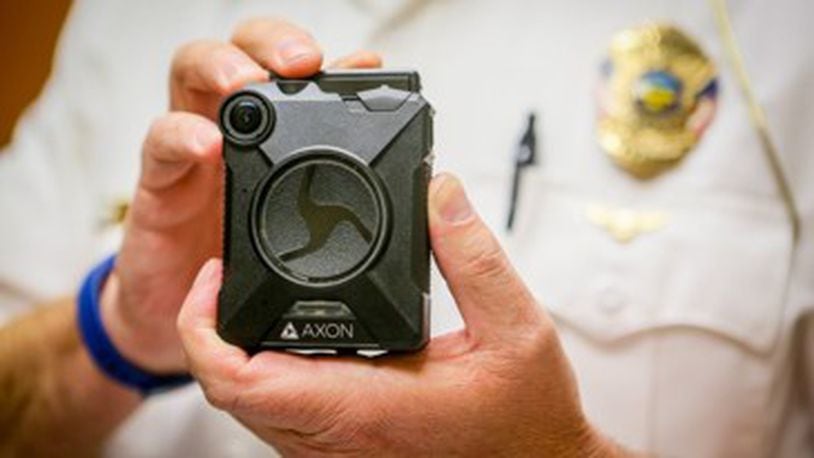House Bill 425 passed the Government Accountability and Oversight Committee.
Body camera video is generally a public record, according to the bill, except if it’s taken in a private home or business, involves the victim of a sex crime or is part of a confidential ongoing investigation.
The bill exempts from disclosure body cam footage that captures:
- Dead bodies or grievously injured bodies, unless the death or injury was caused by an officer or the decedent's executor consents to its release;
- Dead or grievously injured first responders, unless the decedent's executor or injured person consents to its release;
- An act of severe violence against a person or first responder. The exemption would not apply if the violence was done by a peace officer or the injured person's consent is obtained.
- Nude bodies, unless consent is obtained.
- Identifying information about alleged victims of sex offenses, stalking or domestic violence.
- Personal information about someone who is not arrested, ticketed, charged or issued a warning by police.
When the bill was introduced, Ohio Fraternal Order of Police lobbyist Mike Weinman said the police union sees no major issues with the bill and is happy to see that personal conversations among officers that aren't related to police work will not be considered a public record.
ACLU of Ohio lobbyist Gary Daniels said the civil liberties group is also backing Antani's proposal, saying it strikes the right balance of keeping government open, holding police accountable and protecting personal privacy.
“We think this proposed bill balances all of that quite well,” he said.
Dennis Hetzel said the Ohio News Media Association supports the bill because it strikes a balance between privacy concerns and public interest and it preserves the general presumption of openness – something other states do not have in their body cam laws.
It also allows citizens or news media outlets to argue in the Ohio Court of Claims or other courts that the public interest in release outweighs privacy concerns, he said.
About the Author
